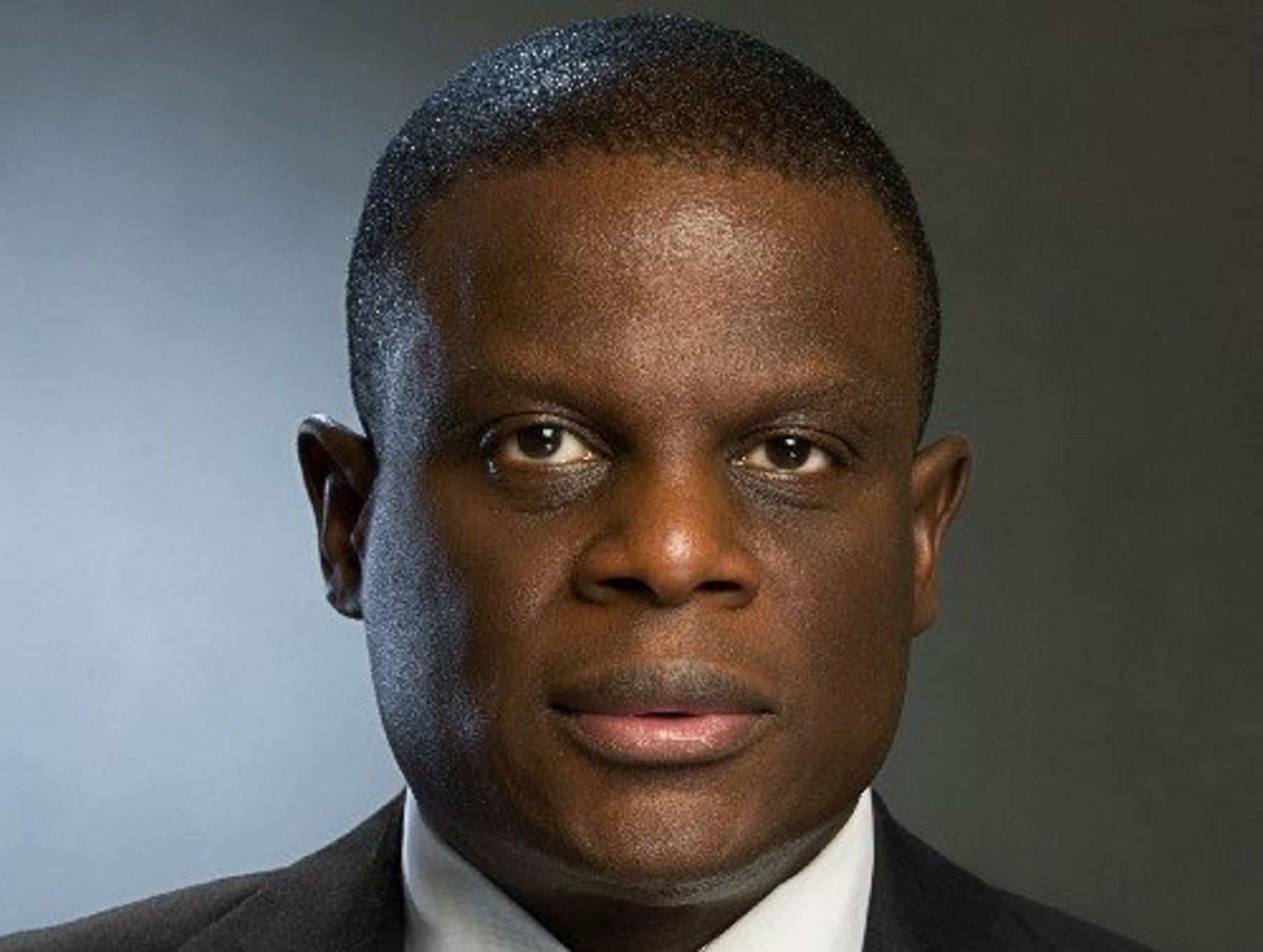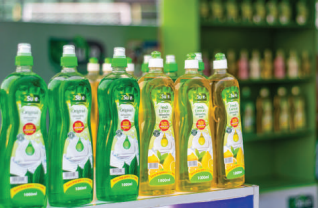By Zion Rufus
Exploring realities of the shocking report of Nigeria’s poverty index which revealed that there are 133 million multidimensionally poor people in Nigeria, “worse than what the World Bank estimated”, Olu Akanmu, co-CEO Opay Nigeria has tasked marketers and advertisers on the social relevance of marketing in Nigeria where there is endemic poverty and large problems of social exclusion.
Akanmu who spoke at the recently concluded ADVAN Awards shared: “As we celebrate ourselves tonight with various awards, we are not relevant to lives of 50% of
our people.”
“With a Nigerian population of 211 million and 133 million of which are poor, 63% of our people are poor and are probably not being served by our commercial markets who will find them unprofitable. Essentially, we can conclude that our high rate of social exclusion in Nigeria also translates to high rate of commercial exclusion. That our businesses and our marketers are only serving and relevant to just about 40% of the Nigerian population or at best 50%.”
According to Akanmu, for marketers in developing countries, Africa and in Nigeria where 50% of the population are socially excluded, there is need to responsibly find innovative ways to solve the large social and commercial exclusion, unlock the potentials of these excluded markets with innovative service and business models that could make them profitable.
The Opay co-CEO explained that by doing so, marketers can double the size of their addressable markets, become more socially relevant while creating inclusive prosperity for all.
He asked: “Can we truly say we are doing responsible marketing in a country like Nigeria if most of us, despite our awards tonight, are not relevant to 50% of the Nigerian population?”
In his concluding remarks, Akanmu urged marketers to practise more inclusive marketing, tasking awardees,personalities, and businesses to ask and reflect on how their products and services could be more relevant to perhaps 50% of Nigerians that they are probably not serving.
“That is the responsible thing to do, to make our marketing and businesses more relevant to the people of Nigeria, to practise more inclusive marketing. Lets evolve new socially responsible lingo. In financial services, we talk of financial inclusion. Lets also have milk inclusion for those of us in milk business, lets have detergent inclusion for
those of us in detergent business and health inclusion for those of us in health services
business. Lets measure these metrics periodically, their growth or stagnation to prick
our conscience about how much we still need to do to make our businesses impact on the lives
of our people. So that when the history of our generation is written, it shall be said of us, that
we as business leaders rose to the occasion and to the challenge of our time in history and made the responsible difference.”






Comment
No comments found.